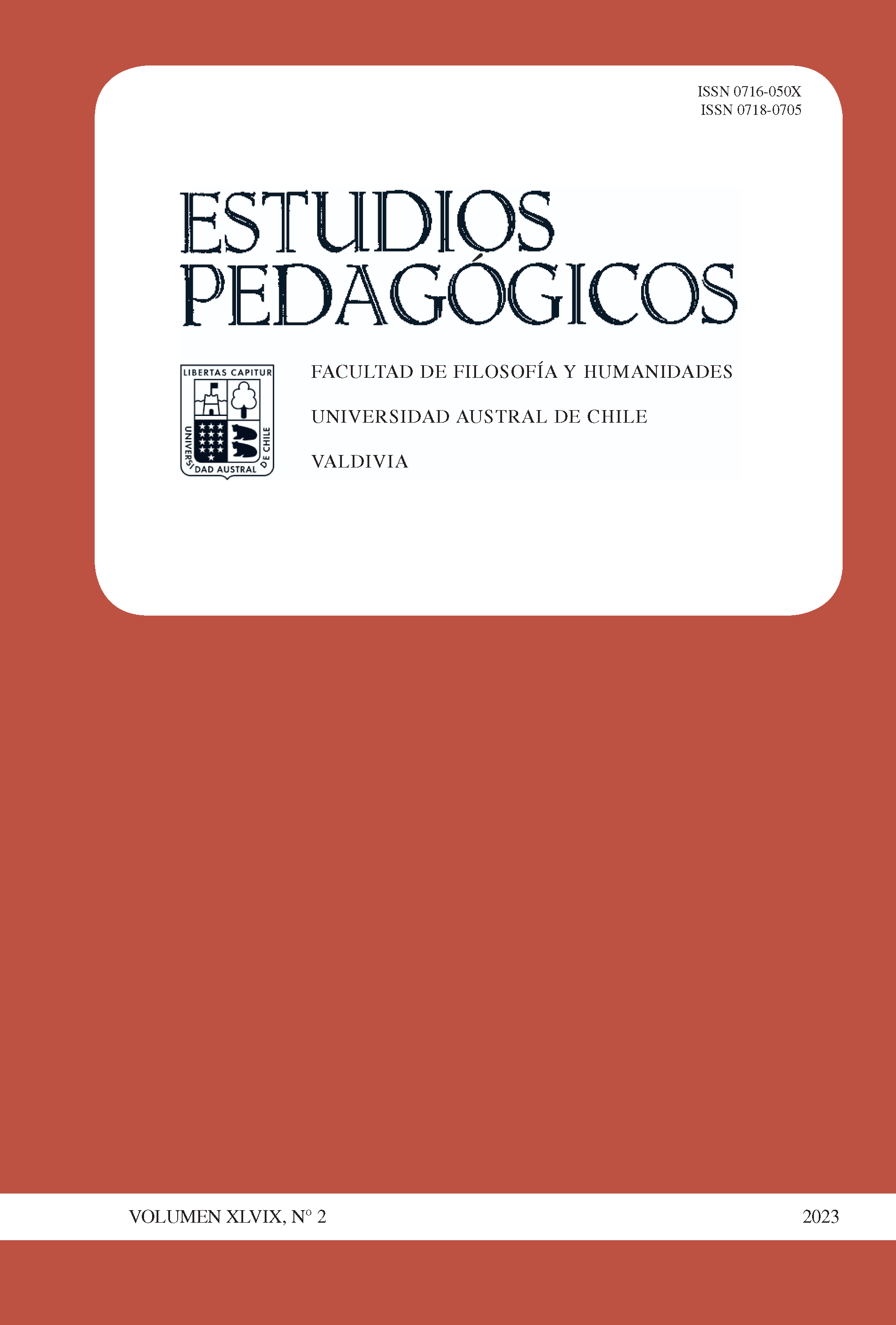University dropout in Latin America: An ecological perspective
Main Article Content
Abstract
The state of research on university dropout in Latin America is reviewed to propose a comprehensive model based on Bronfenbrenner’s ecological perspective. There is a limited tendency that understands dropout as a coupling between institution and individual. The most salient microsystems in university dropouts were analyzed, such as personnel, the university institution, family and work, factors that significantly influence the decision to stay or drop out of the university. This analysis allows a better understanding of dropout in Latin America, where conditions of inequality significantly affect decision-making in educational processes. Issues such as the impact of working conditions, low possibility of flexible curricula to combine study with employment, restricted financial support from the university institution, little educational training of parents, or the burden of financially supporting the family, make sense for understand the phenomenon from a systemic perspective.

